Tuesday, April 23, 2024
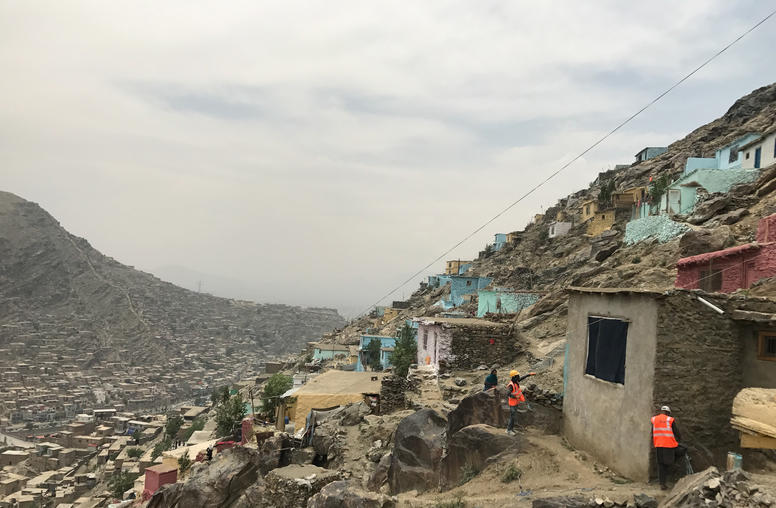
To Help Afghanistan, Leverage China’s Investments
A stable Afghanistan is critical for security in much of Asia and internationally, yet continued violence in the country has prevented key states from building the economic opportunities, and the transport links and energy trade with the region, that Afghanistan desperately needs.
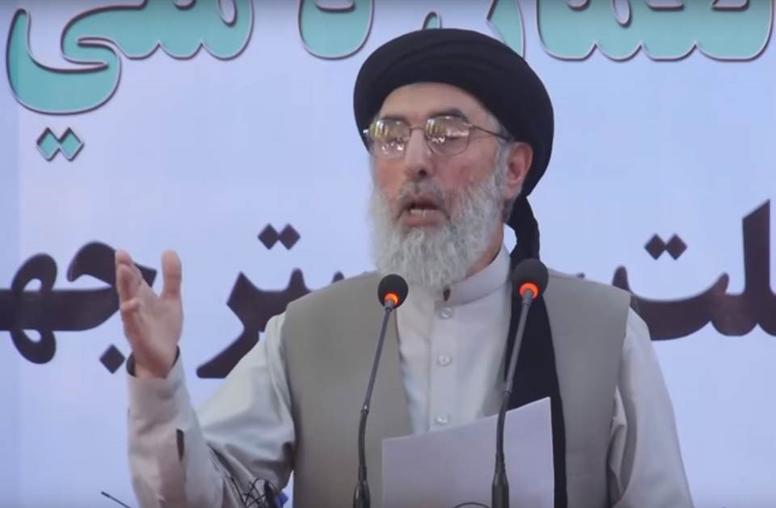
Afghanistan: Is Peace Possible Without Justice?
When Gulbuddin Hekmatyar returned to Kabul on May 9 after two decades in hiding, the former warlord received a hero’s welcome by authorities who had struck the peace deal that ushered him back. His convoy was escorted by helicopters and armed police. His supporters gleefully marched through the streets of the Afghan capital ...

Iraqi Child Marriage Proposal Reflects Worrying Trend
New legislation in the Iraqi parliament that would allow girls as young as 9 to marry is drawing stiff opposition from a nationwide coalition of civil society groups.
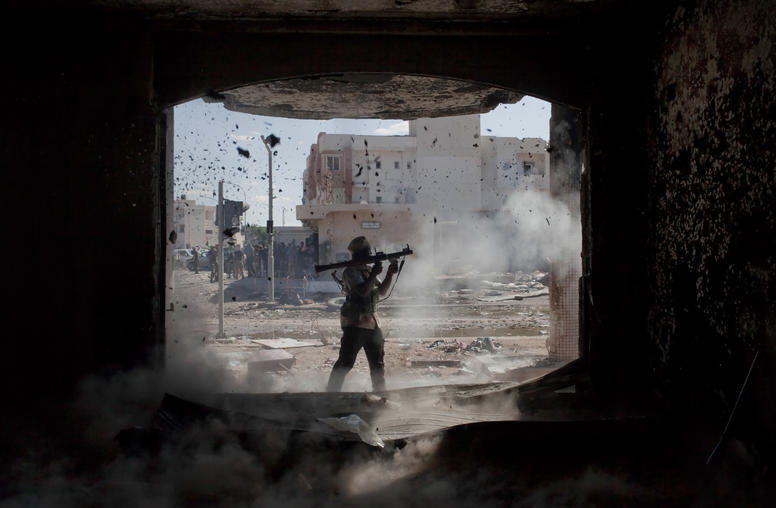
Libya’s Civil War: Brewing Terrorism in Europe
When Salman Abedi, a 22-year-old Libyan-British man, detonated a suicide bomb among concert-goers in Manchester last month, his attack was the latest of several linked to the Libyan chapter of the Islamic State. Abedi, born and raised in England, committed the attack days after returning from the last of several visits to Libya.
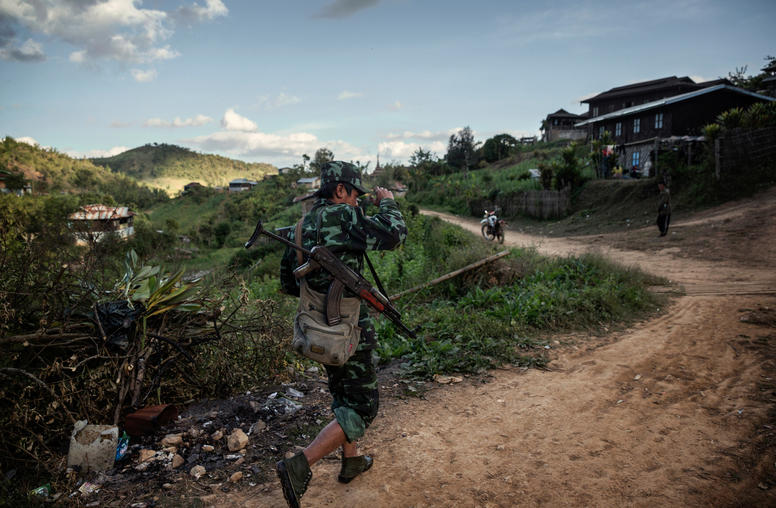
To Advance Peace in Burma, Take One Step Back
At Burma’s latest country-wide peace conference last month, participants made some progress toward broad agreements that can help end the country’s decades of ethnic conflicts. The talks advanced toward ideas for the country’s future in matters such as politics, the economy and principles for environmental policies. But not security.
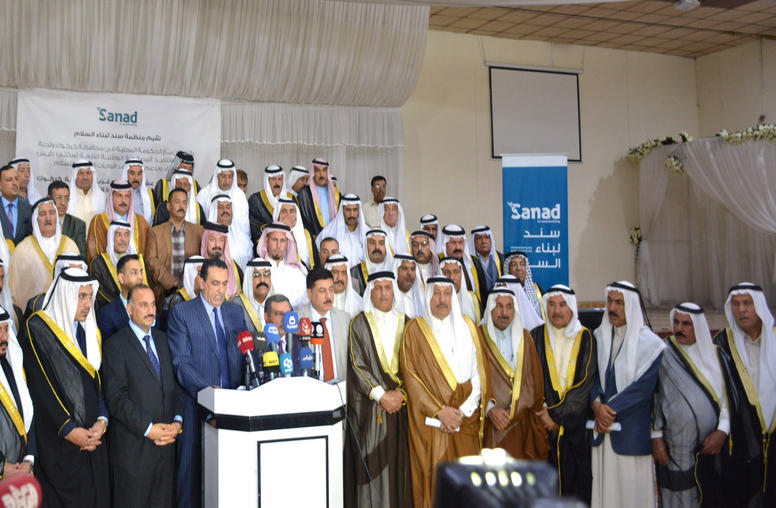
Iraqi Tribes Sharpen Legal Tools to Root Out ISIS
As the Islamic State’s self-declared caliphate crumbles in Iraq, tribal leaders are taking unprecedented steps to avert a new cycle of violence that could follow the extremist group’s defeat. In a pact reached earlier this month, more than 100 sheikhs of tribes in and around the city of Hawija made a path-breaking pledge to forego traditional justice in dealing with ISIS fighters and supporters. Instead, they agreed to embrace Iraq’s formal legal system.
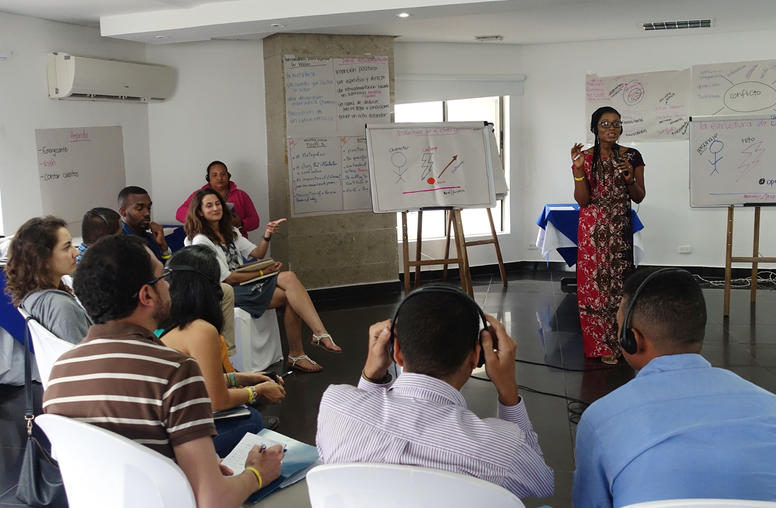
Colombian Youth Bolster Peace Accord with New Skills
The young Colombians wasted no time after finishing their first training in conflict management from the U.S. Institute of Peace. One garnered funding from Intel Corp. and Microsoft Corp. for a two-day conference on youth in peacebuilding that might draw 300 people. ...
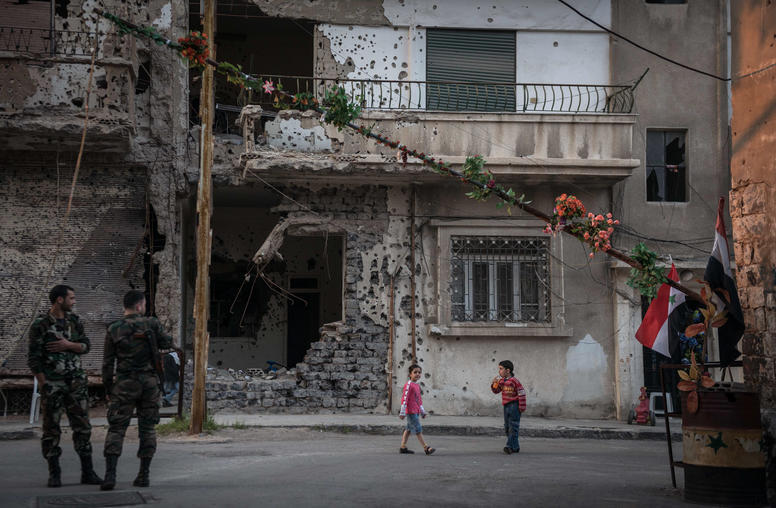
Will 'Array of Wars' Persist in Iraq and Syria After ISIS?
The prospect of wresting the last territorial strongholds from the self-styled Islamic State extremist group—within weeks in Iraq and possibly within months in Syria—lends urgency to the question of how to address the lingering swirl of internal, regional and global conflicts. In a discussion today on Facebook Live, USIP Middle East and North Africa Director Elie Abouaoun, Distinguished Scholar Robin Wright and Senior Policy Scholar Mona Yacoubian explored the multiple factors...
How to Foster Peace in Iraq After ISIS
When Iraqi tribal leaders were forced to flee the city of Hawija in northern Iraq as the Islamic State seized the area in 2014, they weren’t much concerned with advancing the rule of law. But last year, as ISIS’s grip weakened and the possibility of returning to Hawija grew nearer, the leaders faced the prospect of an aftermath stained by revenge killings of collaborators and demand for “blood money” in compensation. Such tribal justice could set off new rounds of violence and instability.
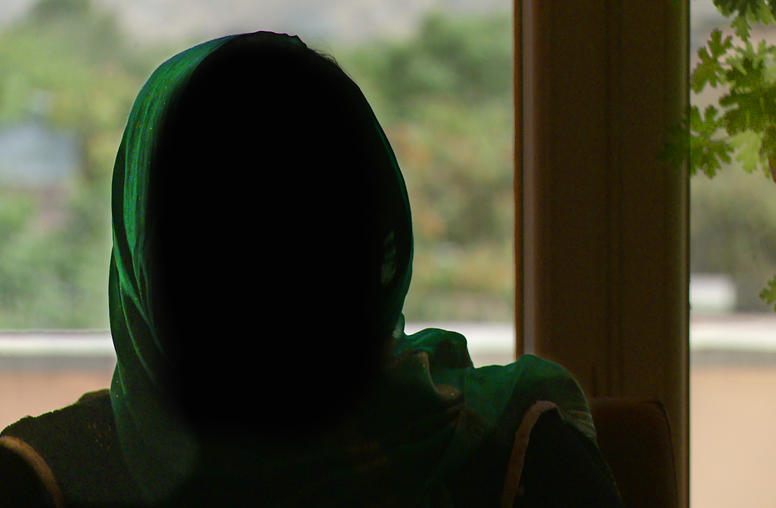
Afghan Women Defy Taliban in a City on the Edge
Kunduz once bustled as the cotton-mill capital of northeast Afghanistan. Amid Afghanistan’s 39-year-old war, it is now half-empty, fearful and bullet-pocked—a target in the Taliban’s fight to capture a major city. Remarkably, Kunduz also is a stronghold of Afghanistan’s women’s movement, including a handful of women-run radio stations. So when Taliban fighters briefly seized Kunduz in 2015 and attacked it again last year, they tried each time to kill Sediqa Sherzai, a journalist and mother who runs Radio Roshani.
